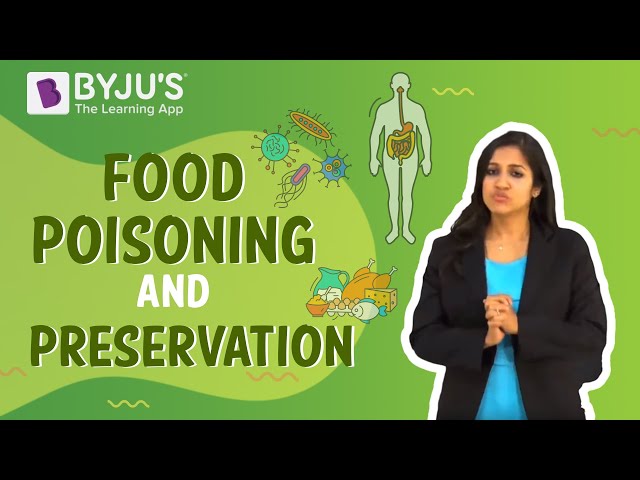According to the CBSE Syllabus 2023-24, this chapter has been removed from NCERT Class 12 Chemistry textbook.
The study of materials, as well as the evolution of new materials for the betterment of humanity, is called Chemistry. A drug is defined as a chemical agent which will affect human metabolism to cure the illness. If the intake of the dose is higher than the recommended dose, then it can be poisonous. Chemotherapy is the use of chemicals for therapeutic effects. Drugs interact with target molecules, i.e., biological macromolecules such as carbohydrates, lipids, nucleic acids, and proteins. Drugs are designed in such a way that they interact with specific targets only to minimize the side effects. Releasing mental stress, destroying microbes/arresting microbes, preventing the body from infectious diseases, etc., is taken care of by drug chemistry.
CBSE Class 12 Chemistry Chapter 16 Chemistry in Everyday Life – Related Links
Some additives added to food to make it add nutritive value, make palatable and look attractive are sweetening agents, preservatives, flavours, antioxidants, nutritional supplements and edible colours.
- Preservatives – It plays a vital role in preventing the deterioration of food and protects against spoilage of food from yeast, mould, and other organisms that cause food poisoning. Also, increase the shelf life of food.
- Flavours – Adding flavours to food helps to make them more palatable
- Sweetening agents – Added in food such as alcoholic beverages, pickles, and bread for fermenting organisms that are important in making these food items.
- Antioxidants – Vitamins C, E, carotenoids, etc., help protect damaged cells caused by free radicals. Some other naturally occurring antioxidants are ligands, flavonoids, phenols, and tannins.

Few Important Questions
- What is chemotherapy?
- What is a food preservative? Give an example.
- Which substance can be used as a disinfectant as well as an antiseptic?
- What is the name of the sweetening agent used to prepare sweets for a diabetic patient?
- Explain in detail the cleansing action of soap.
- What is a cationic detergent? Explain with an example.
- Explain the term broad-spectrum antibiotics.
- Name the forces involved in holding the drugs to the active site on enzymes.
Register now for the latest updates on CBSE class 12 Chemistry notes.
Other Important Links:
| Artificial Sweeteners Sweetening Agents | Food Preservatives |
Frequently Asked Questions on CBSE Class 12 Chemistry Notes Chapter 16 Chemistry in Everyday Life
What is the pharmacological effect?
The pharmacological effects of drugs (i.e. their effects on cells, organs and systems) are, in principle, simple to measure in animals and often also in humans.
What are the types of drugs?
There are several types of medicinal drugs, of which the following are used widely: 1. Antipyretics: reducing fever (pyrexia/pyresis)2. Analgesics: reducing pain (painkillers)3.Antimalarial drugs: treating malaria4. Antibiotics: inhibiting germ growth5. Antiseptics: prevention of germ growth near burns, cuts and wounds
What are molecular targets?
Molecular targets are cellular or tissue structures that are intended to be visualised by means of molecular imaging.
Comments